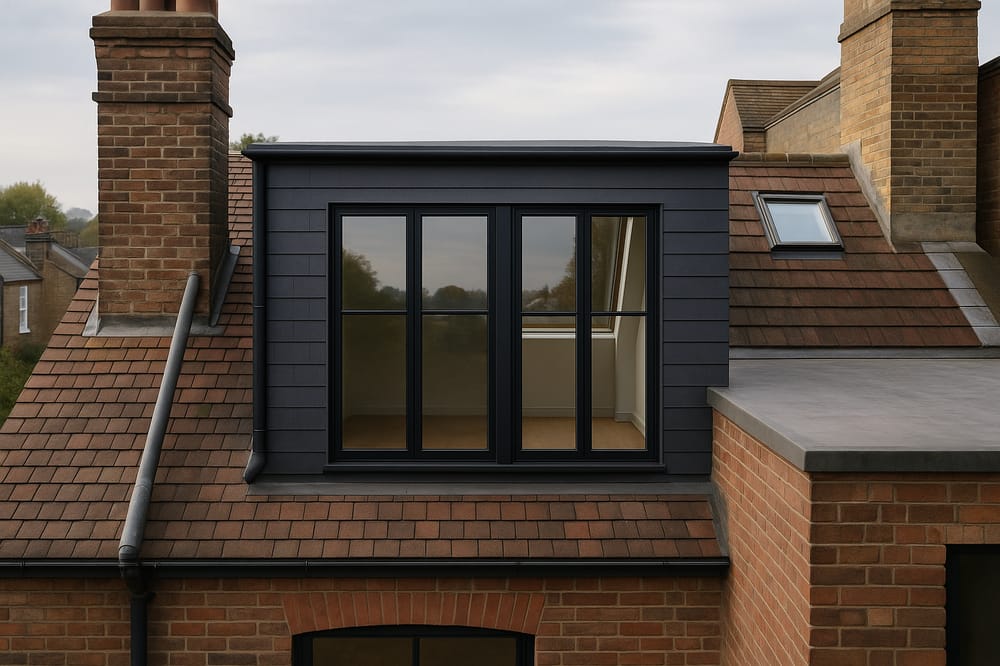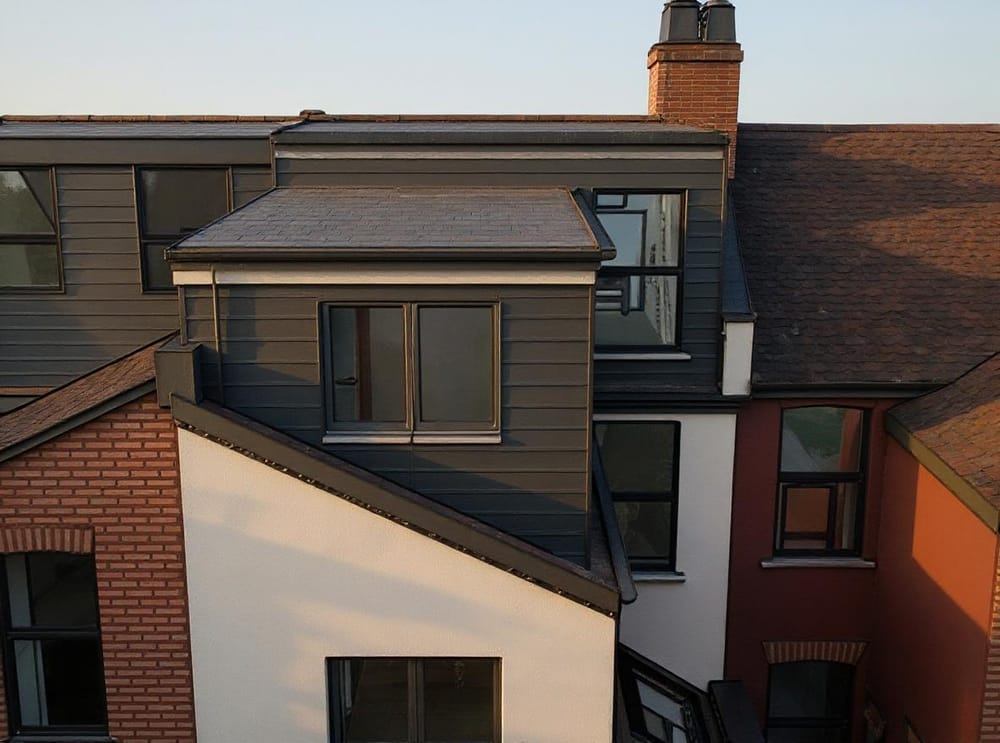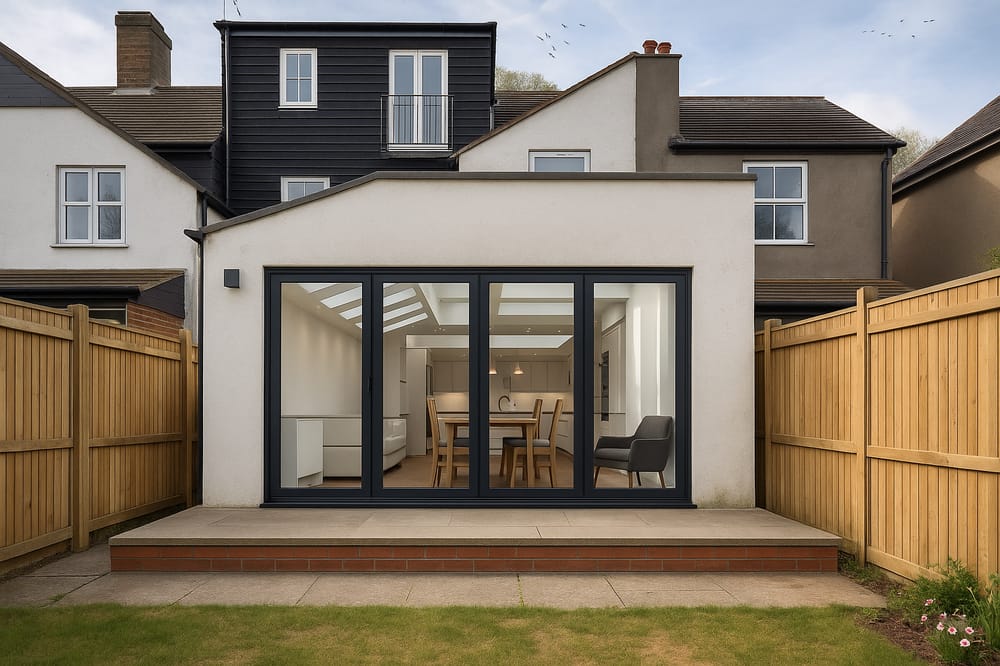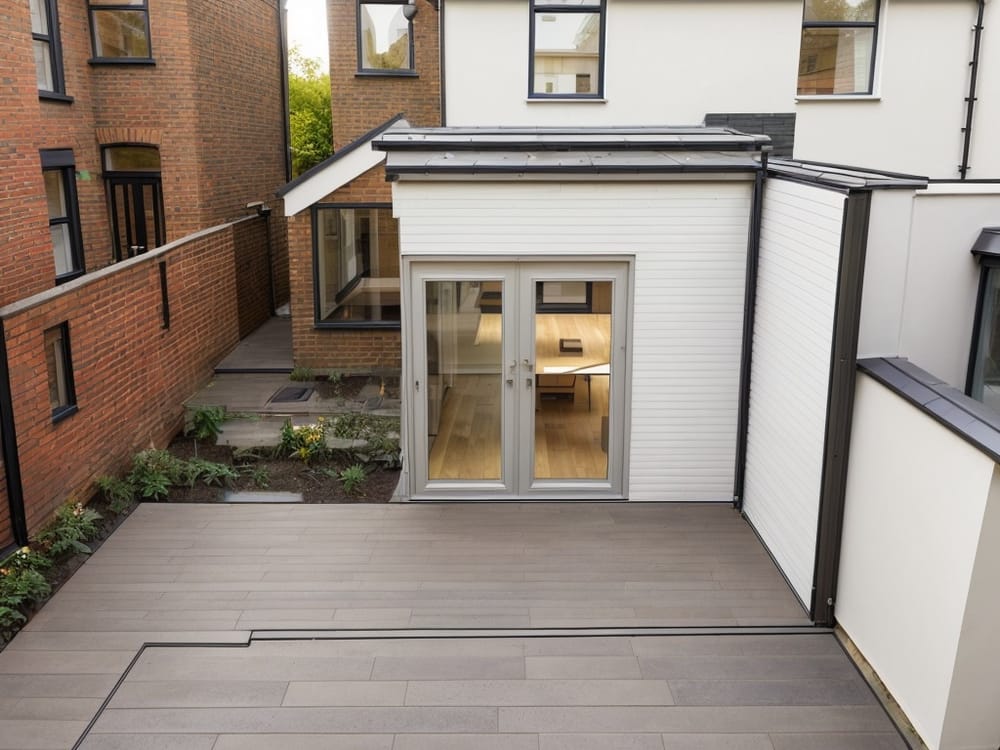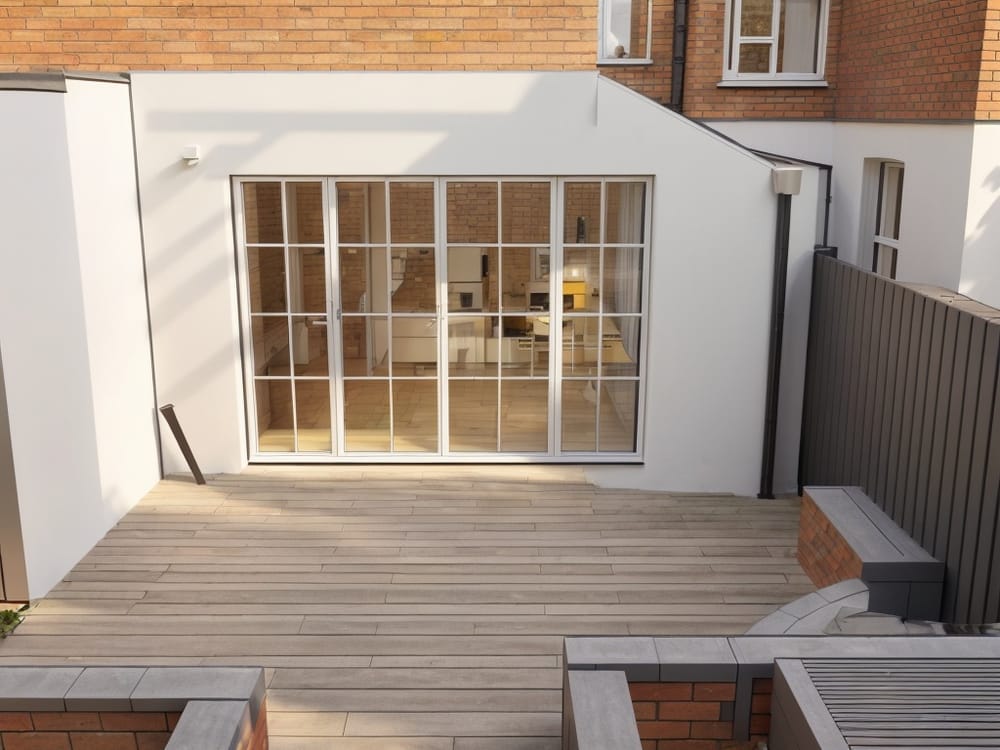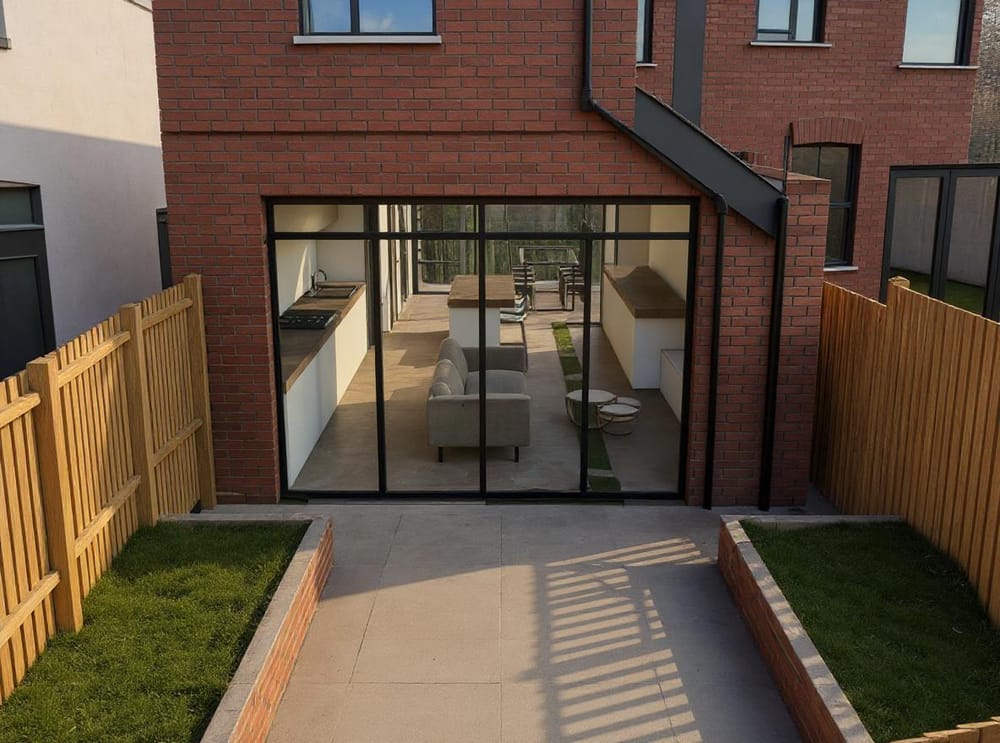By the time you get to building regulations, it can feel like the end is in sight and construction is just around the corner. However, before you start preparing to make dozens of builder's brews, there are still a few more things you’ll need to consider.
If you’re currently waiting for your package to be wrapped up, here’s what you have on the horizon…
Selecting a contractor
Here at Resi, we always recommend that you wait until the building regulations stage before approaching any potential contractors. That’s because the technical drawings you'll receive are much more detailed than the ones you need during planning. This extra level of detail allows contractors to provide more accurate quotes, ensuring you don’t end up with any budgeting surprises after the contract is signed.
Our Connect service introduces you to vetted contractors who can help bring your designs to life during construction. We vet contractors by assessing them against a range of criteria amongst which are: whether or not they are Trustmark or FMB affiliated, whether they have the relevant insurances in place; an assessment of their past work; meeting minimum financial standards; and finally, references from both previous customers and trade.
Whether you use Resi or not, here are our Connect team’s recommended steps for selecting the best builder for your project…
- Check their finances for any suspicious activity, such as a recent change in directors.
- Get references from three previous clients, ideally from one project completed recently and another from at least 18 months ago.
- Check which contract they’re using, we recommend a JCT contract.
- Look into the details of their quote and make sure every design feature has been properly accounted for.
- Compare at least three companies and look for anomalies. Prices or timelines that are dramatically different from their competitors can be a red flag.
Learn more about Resi Connect here.
Signing a contract
After reviewing and vetting a selection of contractors, you’ll need to finalise the agreement with your chosen builder. As we touched on above, you want to thoroughly review the details of your contract before you sign on the dotted line.
Remember: once this contract has been agreed, it’ll be very difficult for you to switch to another contractor. A bad contract can put both your home and finances at risk.
To ensure your contract is up to scratch, make sure yours includes…
- A staggered payment plan. We recommend you agree to a payment plan that has you releasing funds when certain milestones have been met. These milestones should be the key stages of the build, such as your foundations, superstructure, roof installation, etc.
- Comprehensive insurance. At a minimum, they should be covered by public liability, employers’ liability, and developer insolvency insurance.
- Details and assurances surrounding any subcontractors they plan on using.
- A thorough breakdown of the timings involved and what happens in the event of delays.
- A full breakdown of the little details involved, such as: tidying up, equipment hire, waste removal, and even bathroom arrangements.
Learn more about avoiding common contract mistakes.
Finalising your finance
Construction is where the majority of your budget will be invested, so now is a good time to make sure you have all the funding you need in place.
Remember: on top of the figure your builder has provided, it’s recommended you budget in at least 10% of that fee as a contingency. This will protect you in case of any unforeseen delays or issues you might run into onsite.
If you are looking to remortgage in order to finance your project, we recommend you opt for a specialist lender who has experience with home improvement projects. They’ll be able to ensure the terms of your remortgage incorporate the value you’ll be adding to your home, rather than the price it was before the work is carried out.
At Resi, we have our own specialist in-house brokers who are able to navigate these funding hurdles. As official partners to The Mortgage Advice Bureau, we have access to hundreds of exclusive deals and rates. By working together we’re able to introduce you to over 90 different lenders, including Lloyds, Barclays, NatWest, and Santander.
Discover how much you could borrow using Resi Finance.
Insuring your home
No matter the size of your project, when it comes to construction, you want to leave nothing to chance. That’s why it’s vital to properly protect your investment with the right insurance policies.
During the drafting of your construction contract, you’ll be making sure your builder is properly insured. However, even with these policies in place, you’ll still need to consider the following types of insurance for yourself…
- Home insurance: When carrying out renovations, you won’t be covered by your current policy. You can choose to either shop around for extra cover or ask your current provider for an upgrade.
- Structural warranty: This warranty will protect your project for 10 years from ‘latent defects’ to the structure of the building.
- Life insurance: Should the worse happen, life insurance will ensure your surviving family won’t be left with any unpaid debt.
Handover
Once your building regulations package has been finalised, it’ll be time for your architectural team to handover to your construction crew.
At Resi, we include a 2-hour handover service, where our team will work with your contractors to make sure they’re fully up to speed before work begins. We’re also able to provide oncall assistance, priced on an hourly rate, should you need any extra assistance onsite.
Other architectural practices may also offer project management services. These tend to be billed at a percentage of your construction costs and, as such, costs can run quite high.
Mobilising and getting onsite
When it comes to getting onsite, you should be prepared to wait 3-5 weeks for your chosen contractor to mobilise. This could stretch out even longer during busy periods in the year, such as spring and summer.
It’s during this time that your architectural team will provide their handover. It’s also likely that you’ll need to use this time to make your own preparations. If you plan to live onsite, have you made appropriate arrangements for the rooms construction will affect? Likewise, if you’re moving to alternative accommodation, this is the time where you can get yourself settled and your possessions moved before work begins.
Need help getting your project off the ground and ready for construction? Our team is always on hand to provide free consultations, simply book yours here to get started.


